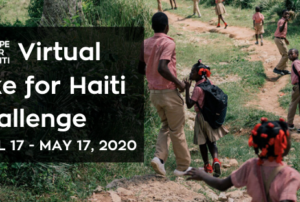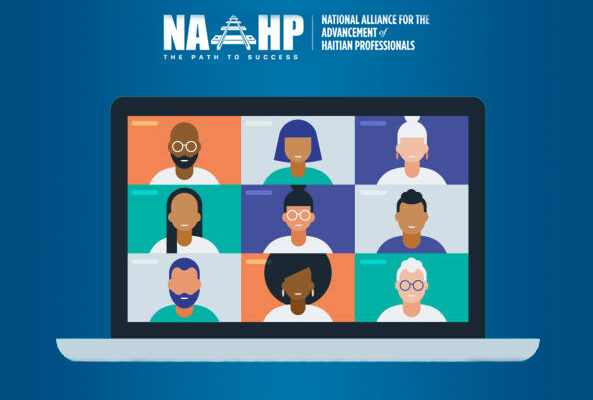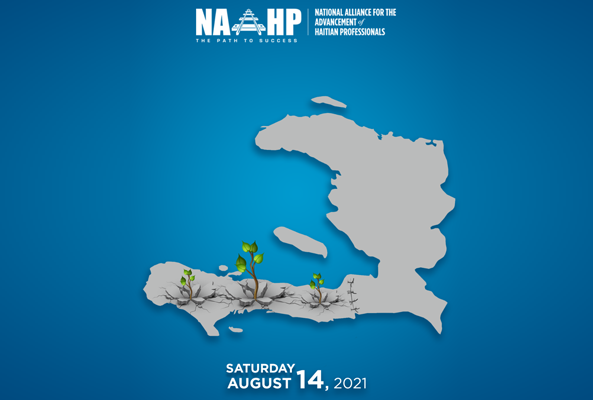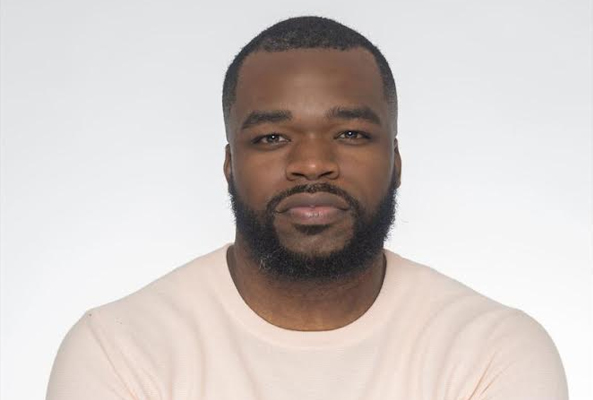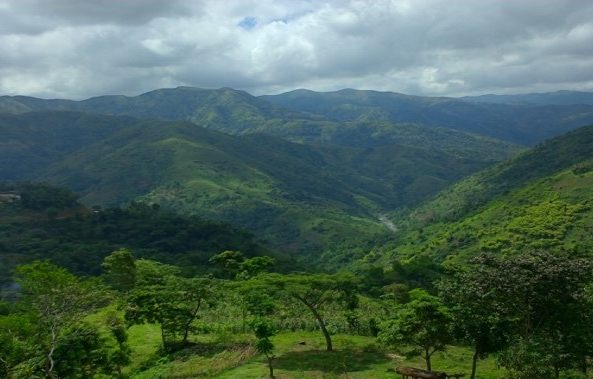
Reflecting on My Global Health Experience in Haiti
My trip to Haiti was possible with the support of an organization named Jhpiego. Returning to Haiti after eight years was a life-altering event as a Haitian-American. However, the country I once knew turned out in a turmoil that shook me to my core: poverty, lack of resources, and medical need were undoubtedly prevalent. This internal earthquake resembled the tragic event that once hit the country in 2010. As a public health researcher in training, one of the projects was a pilot study for the use of Misoprostol for Prevention of Postpartum Hemorrhage (PPH) for births at facilities and home settings in the northeast department of Haiti. When I arrived at Ouanaminthe, a province in Haiti, I was with the public health team and I met the patients at a local clinic. The team was composed of medical doctors, community health workers, and program planners. I realized that this project quickly became a wake-up call as opposed to the exhilarating didactic experience I was hoping for. The patients in questions who needed to take Misoprostol drug as a postnatal prevention were not adults—they were teenagers.
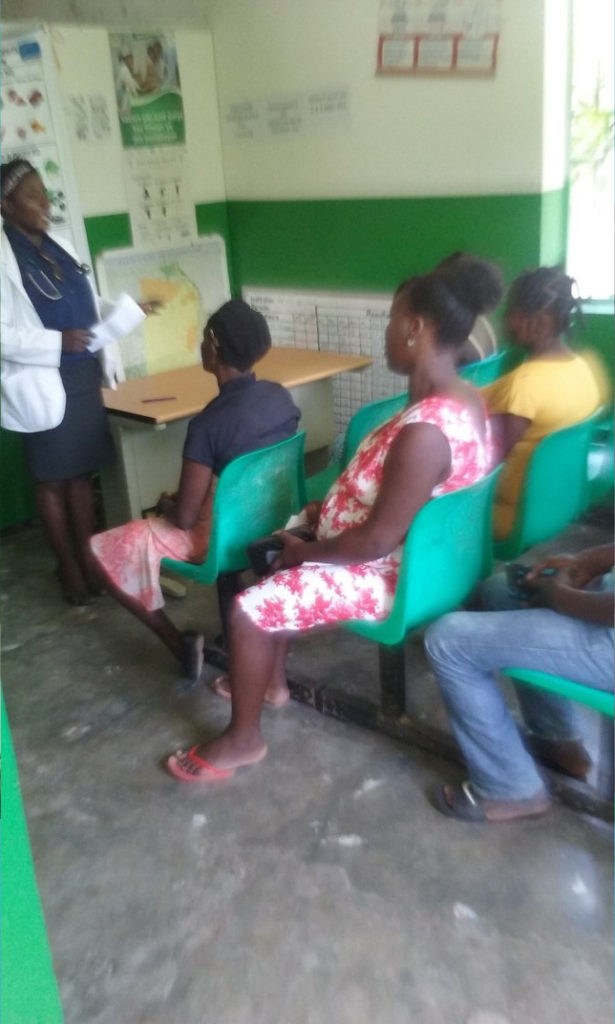 These young girls were between ages of twelve and sixteen. When I walked into a room at the clinic, my heart sank not only because I was mortified to see so many young girls get pregnant in an area that was plagued with abject poverty, but also, I had to interview them as part of the qualitative section of the project. During one of the interviews, I was with a young woman who explained the social determinants or factors that affected her health such as poverty, lack of jobs in the area, and her inability to fulfill her basic needs. Abruptly, she told me to look at her; she began crying and told me that there was something that I needed to know about her pregnancy. I put my notes down, looked at her in the eyes and listened carefully. She told me that she was pregnant by an older man because he had offered her transportation so that she can have access to groceries and other services that were not available in her community. I realized that many of these young women were pregnant not out of their will, but out of necessity. It was beyond the scope of my work to assist her despite her asking me to do something to improve her community. I told her that at the completion of these studies, the results would help shape new and current health policies with the assistance of the Haitian Ministry of Health.
These young girls were between ages of twelve and sixteen. When I walked into a room at the clinic, my heart sank not only because I was mortified to see so many young girls get pregnant in an area that was plagued with abject poverty, but also, I had to interview them as part of the qualitative section of the project. During one of the interviews, I was with a young woman who explained the social determinants or factors that affected her health such as poverty, lack of jobs in the area, and her inability to fulfill her basic needs. Abruptly, she told me to look at her; she began crying and told me that there was something that I needed to know about her pregnancy. I put my notes down, looked at her in the eyes and listened carefully. She told me that she was pregnant by an older man because he had offered her transportation so that she can have access to groceries and other services that were not available in her community. I realized that many of these young women were pregnant not out of their will, but out of necessity. It was beyond the scope of my work to assist her despite her asking me to do something to improve her community. I told her that at the completion of these studies, the results would help shape new and current health policies with the assistance of the Haitian Ministry of Health.
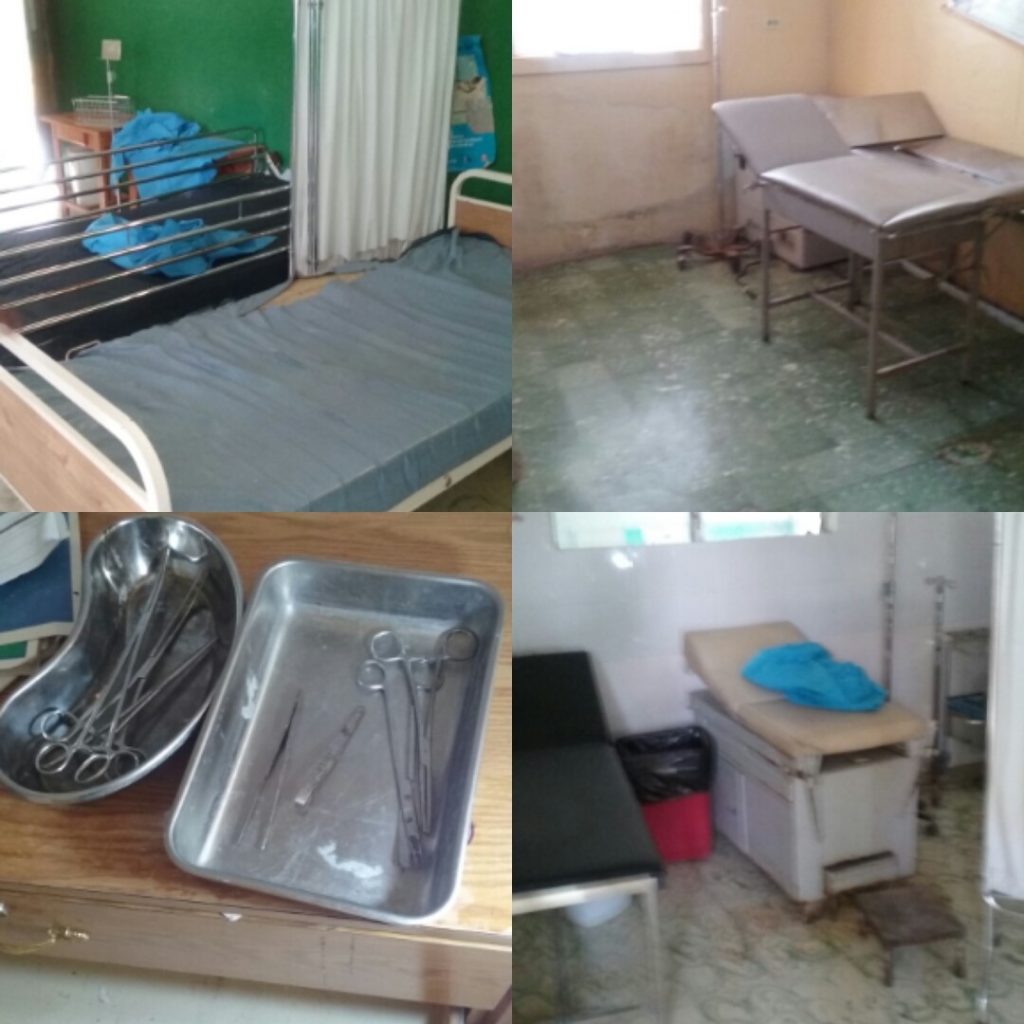
Changes such as providing programs to educate the community and improve the culture of health need to be made in hospitals in Haiti. Collaborating with local representatives of the province to create opportunities for many people—especially young girls—who have sacrificed their future, and in some cases their lives, in order to have access to basic needs such as food or transportation. I felt that the government was inept at understanding the issues that can arose when children are born in poverty without a nuclear familiar and resources that would help them become productive members of the society. In short, there was a lot to be done, and I suspected that many other provinces faced similar issues. Furthermore, I could not imagine how horrendous the number of cases could have been if this information was available to the public prior to the research project.
Through this experience, I discovered my passion for mixed methods research. Mixed methods approach is a methodology for conducting research that involves collecting, analyzing and integrating quantitative (e.g., experiments, surveys) and qualitative (e.g., focus groups, interviews) research. I had the opportunity to see its applicability and I aspire to become well-versed in this approach since it is advantageous for studies relating to both global health and healthcare. This experience in Ouanaminthe has reinforced my passion for global public health since health transcends beyond national boundaries and it is among the most significant challenges faced by many developing countries. The takeaway message of my experience is to recognize that changes in leadership and evidence-based research in public health and health care are critical for a country such as Haiti where adequate planning should matter most to our leaders and members of the community. This lesson applies to not only Haiti but also countries with similar challenges.

 English
English Français
Français Donate
Donate Partner
Partner Shop
Shop Login
Login
